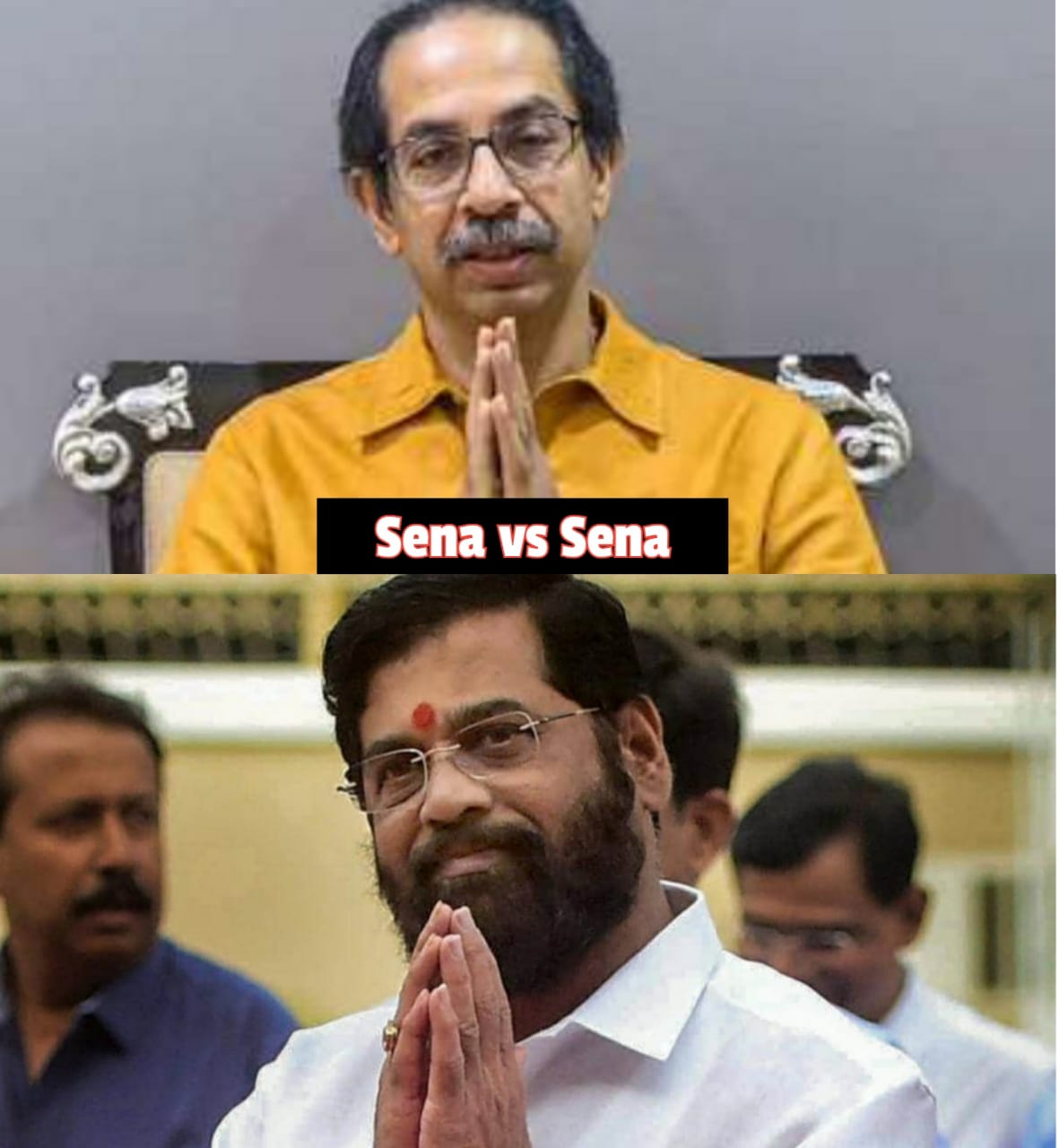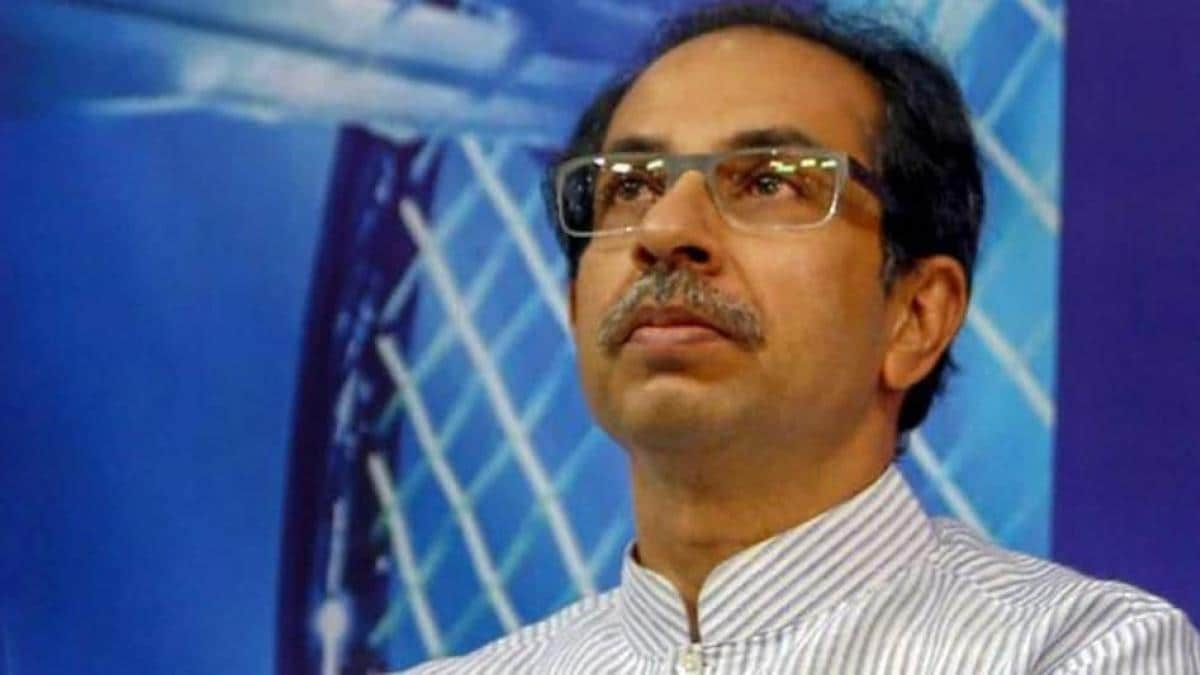A solution to the Shiv Sena’s dissidence dilemma has yet to be found. Opposition lawmakers in the state and TV anchors parked outside the Radisson Blu hotel in Guwahati are ecstatic over the growing number of dissidents. However, amid all this drama, most politicians and the media have shattered the weak anti-defection rule, resulting in a great deal of uncertainty.
Everyone is talking about the number 37 like it’s some kind of mystical potion. It is assumed that the dissident group of Eknath Shinde may avoid disqualification if it can get the support of at least 37 MLAs, or two-thirds of the party’s 55 lawmakers.
When it comes to the initial legislation on defection, the Constitution’s 10th Schedule, most individuals conveniently forget about things they should have known about. Defectors’ laws, which went into effect in 1985, require that we pay close regard to the following provisions:

The 10th Schedule stipulates that a legislator may be disqualified if he or she willingly renounces his or her party membership or votes against the whip issued by that party in the chamber. However, there are two exceptions to the rule that allow a member to remain in good standing. Only in this case did one third of lawmakers leave the previous party and join a new one.
This was an exception to the general rule. This team was not subject to disqualification in such a scenario. However, this loophole was eventually deleted by Parliament as a result of widespread abuse by politicians (remember the ayaram-gayram culture?). Even the first requirement for a split, namely that it must occur inside the original political party, was overlooked and only the break among the parliamentary wing was considered.
The merging is the second exception. If two-thirds of a party’s lawmakers agree to a merger with another party, that party will not be disqualified under the law. Every time a defection happened in the last eight years or so, someone abused this exemption. As in the event of a split, the members simply pay attention to the number of members.
In their minds, all that was needed for them to leave their party was to win a two-thirds majority, so they began to act accordingly. For obvious reasons, the Speakers who decide on defection matters have always backed the defections in question. In fact, all of those lawmakers immediately joined the governing party.

One thing is obvious, however, in Paragraph 4 of the 10th Schedule, which provides this exemption. In order for a political party merger to take place, at least two-thirds of the MPs must consent to it. A merger must first occur between two separate political parties, and the law is explicit about this. The exemption does not apply if a merger does not take place.
Although it was recently established in Girish Chodankar vs Hon Speaker Goa legislative assembly that the merging of two-thirds of a parliamentary party with another party should be regarded to be merging original political parties by the Bombay High Court, According to the 10th Schedule of the Constitution, this decision is incorrect. Nonetheless, the court emphasised that two-thirds of the members of the parliamentary party must join another party in order to avoid disqualification.
Two facts are quite evident after examining the anti-defection law’s legal requirements. One, even with two-thirds of its members, the Sena rebels are unable to operate as an independent organisation or party. Two, if there is no merger with the BJP or any other party, the exemption from disqualification does not apply and all are now disqualified.
The main goal of the 10th Schedule is to remove from office anybody who abandons his or her political party after being elected. It may be just one person, or it could be everyone. Of course, mergers are an exception to this rule.
Rather from encouraging defection, the anti-defection statute was designed to stop it. Legislators and the political establishment appear to have forgotten this basic reality. This is what the recent happenings in Maharashtra have shown us once again.

